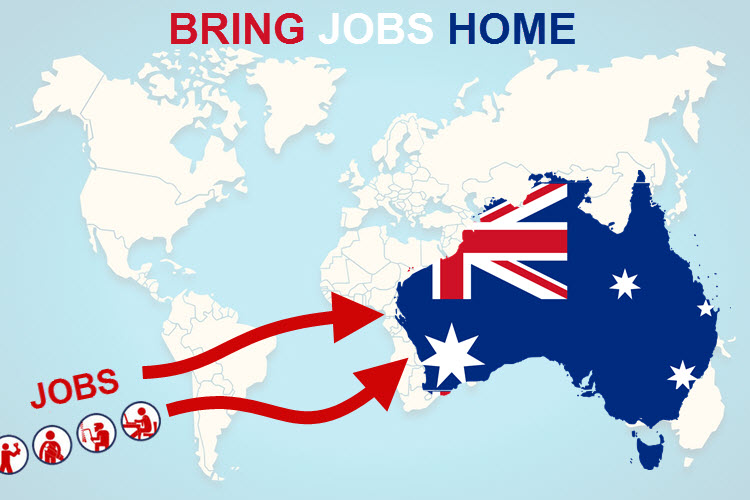Watching the recent changes in the Australian real estate sector has been interesting, along with comments about McGrath and the newly formed “The Agency”.
An interesting comment surfaced recently: “Going back before the float I could see the fragmentation of the industry – the huge impact the internet is having on our business model, the unprecedented low stock levels, and how those factors were making the old franchise model unsustainable – and I knew we needed to take a new direction.”
The new firm moves away from the franchise model, where the brand was the focus, to the creation of the best talent under one roof to create a super team. In real estate terms, the energy of this super team is intense, and the clients win from that centralised Intellectual property.
This new firm is about disruption, which is a term we’ve grown used to seeing in just about every industry over the past decade.
In response, McGrath has said it will remain focused on attracting and retaining the best sales agents in the industry, increase their productivity and utilise technology to deliver efficiencies necessary so that we will be well positioned for the upside when listing volumes increase.
Pushing this same analogy over to the Australian compliance area, we see that compliance is increasingly been seen as a commodity, and digitisation and automation increasingly allowing to reduce time spent on compliance, with other factors such as offshoring and outsourcing further impacting the time spent on compliance.
In this fast changing world of Australian compliance, there are many impacts on the traditional accounting firm model. In previous weeks blogs we’ve seen that younger accountants aren’t willing to wait for older firms’ business models to change, and are willing to strike out on their own almost a decade earlier than their predecessors.
These new firms have the opportunity to create super teams of accountants, where these accountants aren’t bogged down by compliance, but have the opportunity to create a different business model where the energy of these super team firms are intense, providing a better service offering to clients, and where clients win from engaging these super teams.
Digitisation, automation and offshoring remain important parts of the accountants toolbox to cope with the disruption happening in the Australian accounting compliance landscape.









